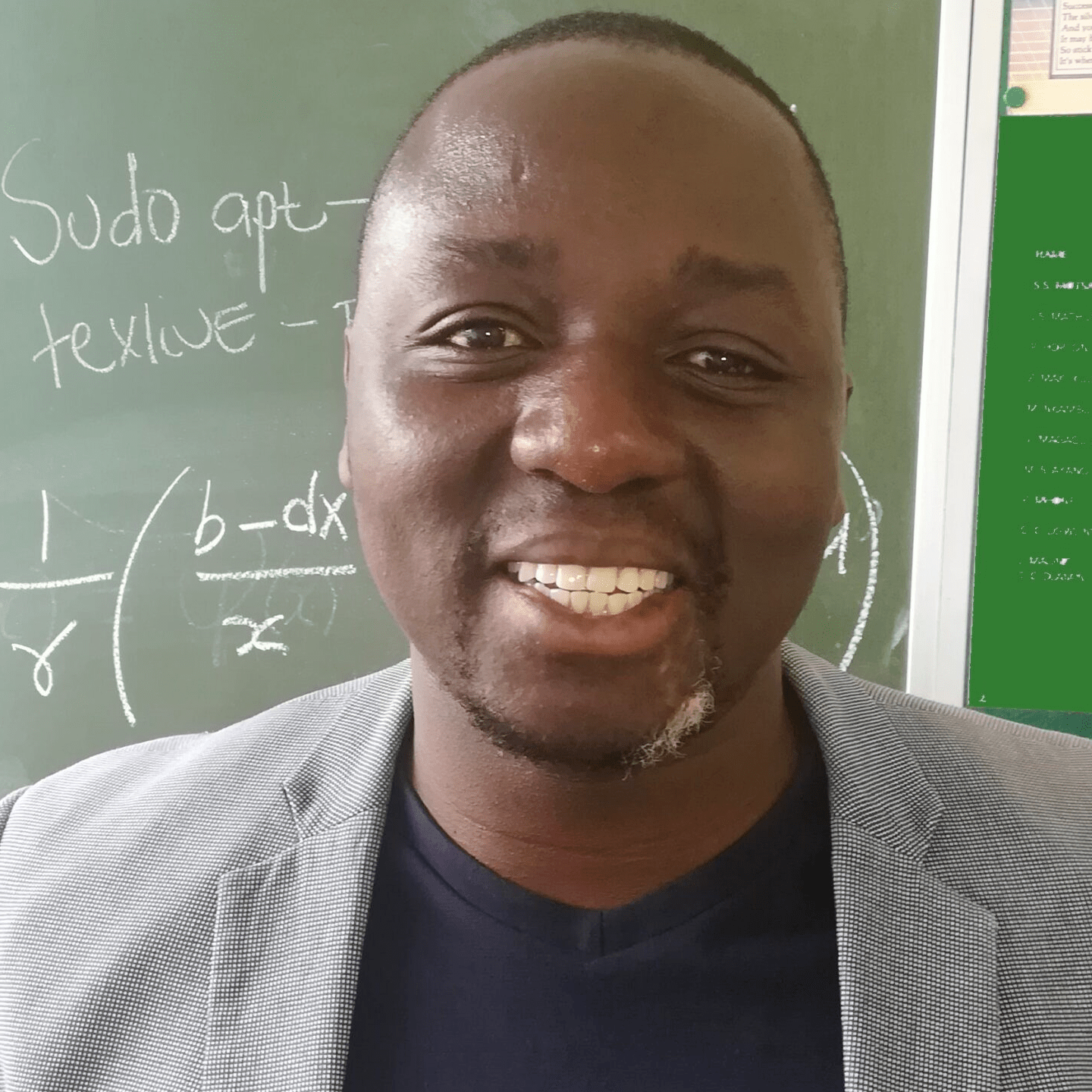What is your educational background?
I hold a BSc degree from Makerere University, a postgraduate diploma in mathematical sciences from University of Cape Town, an MSc and a PhD in Applied Mathematics from the University of KwaZulu-Natal.
What is your current occupation?
I am a lecturer at the University of Eswatini; tasked with teaching undergraduate and postgraduate mathematics courses in addition to carrying out research.
What or who got you into STEM?
My interest in science was mainly set off when I first offered a Biomathematics course at undergraduate level. I realized that mathematics could be used to solve several real life problems; this has since been my passion.
What is the biggest challenge/barrier you have faced as an African in STEM?
It is not easy to get research funding in Africa. Opportunities, mostly in Africa, are currently not that many (in comparison to the number of scientists); this compels several graduates to end up with jobs that are not in their areas of expertise.
How do you think your background/upbringing has been beneficial in your journey/career?
I come from a rather humble background; this has been an impetus for my hard work.
How do you think we can start to change the narrative surrounding African contributions
to global STEM research & careers?
By promoting African researchers and their research. By our governments heavily investing in STEM.
What advice would you like to give to young, aspiring Africans in STEM?
Live by example, take responsibility, work hard and be humble.
Do you have any projects you’re working on that you would like us to highlight?
My current research entails developing and analyzing mathematical models that describe the dynamics of novel combination cancer therapies-to identify the most critical factors during treatment and to develop optimal treatment protocols. I am also part of a technical working group on COVID-19 in Swaziland; tasked with advising the government on how best to control the spread of the disease.





